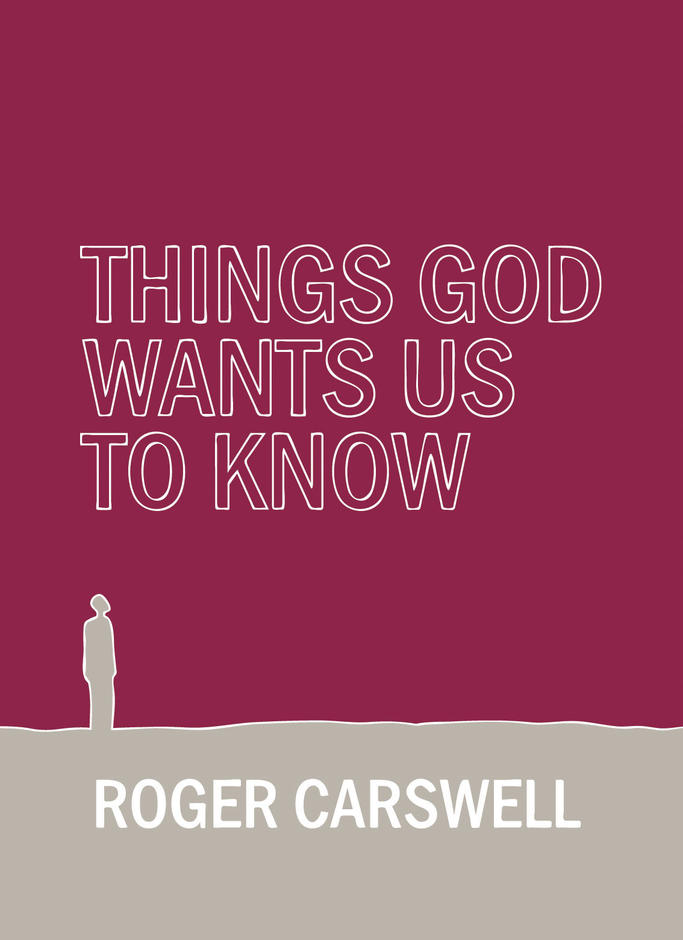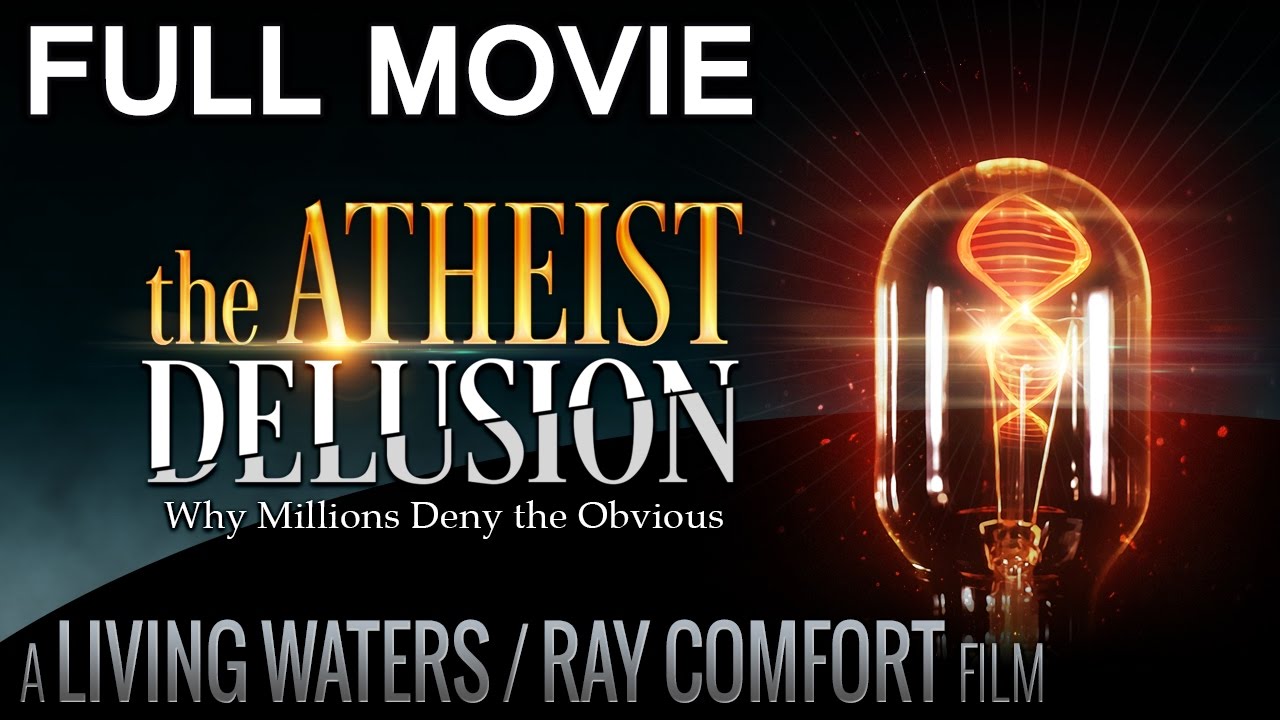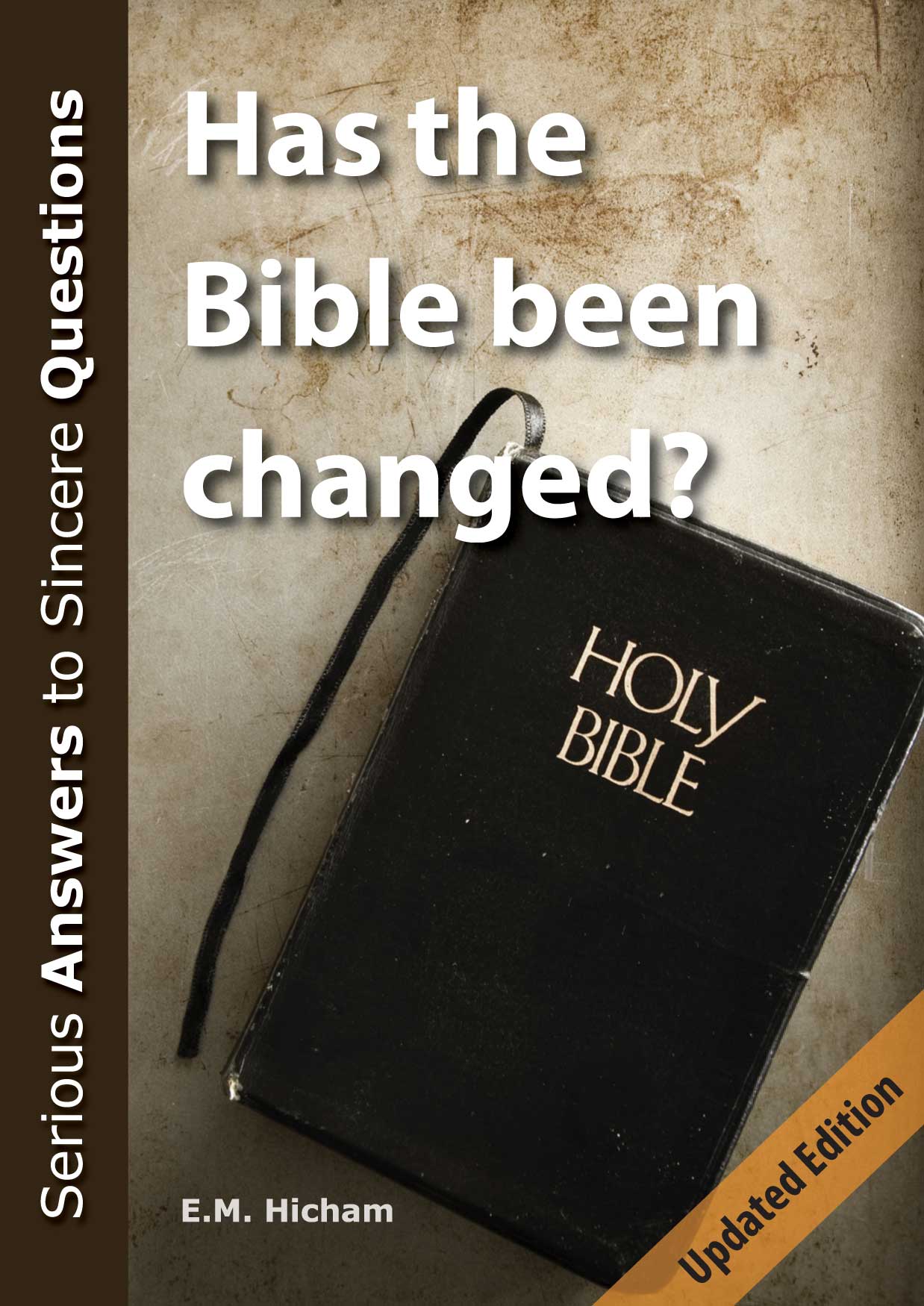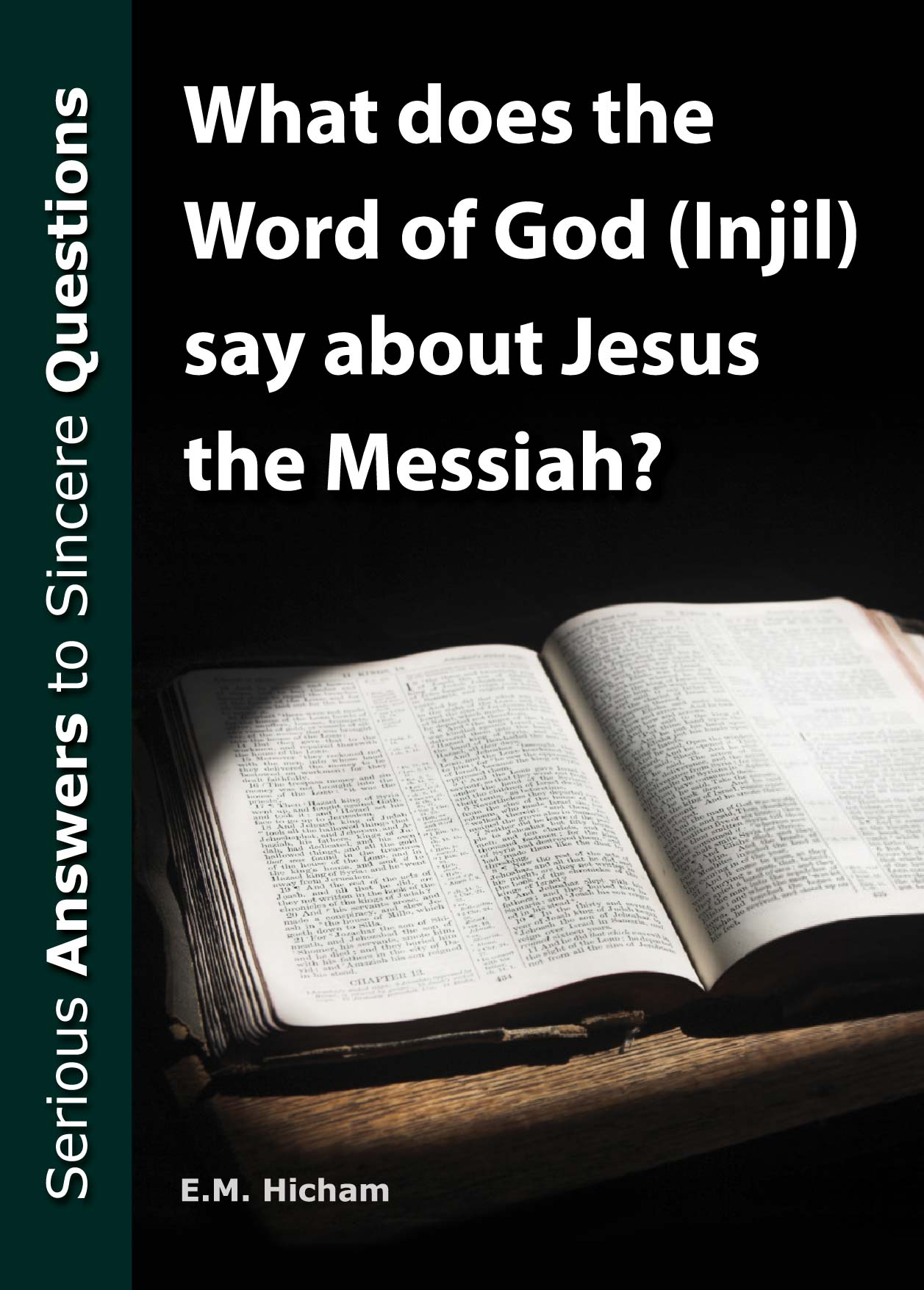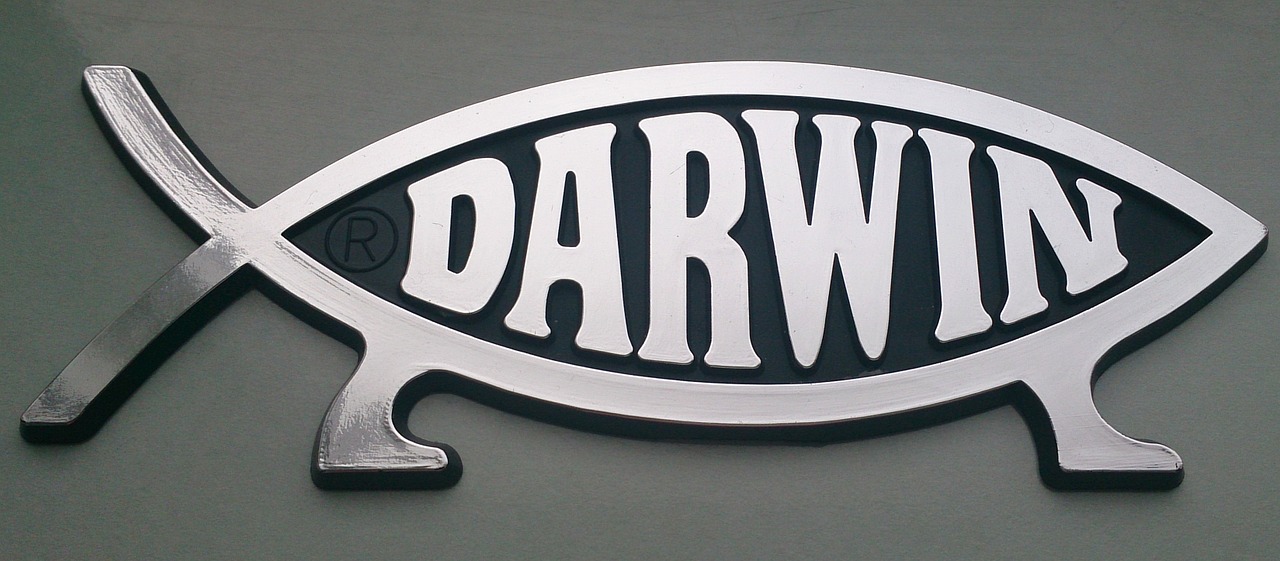Who is the God of Abraham?
I have often heard people say that they worship the same God Abraham worshipped, or the same God Moses worshipped. However, some follow Judaism, some are Muslims, and others are Roman Catholics. I worship the God of Abraham, and yet I am none of these. Why not?
The answer is found in the writings of the prophet Moses. He described the God of Abraham, and I agree with that description, and therefore I am a believer in the gospel of the Lord Jesus Christ.
Nevertheless, when we all say we worship the God of Abraham it can be a little confusing. Imagine a gathering of my family. Incidentally, my family name is Harding. My father and mother are still alive. They had 5 sons and two adopted daughters. Between us we have nearly 25 children! In this tribe of Hardings there is more than one David, Philip or Steven! If someone asked if David Harding was at the reunion of the family, and was introduced to me, he might say, “But this isn‟t David Harding—the David Harding I know is thinner, youngerand handsome!” I have the name David, but I am not the David that person knows. The reason for the error is that two of us have been given the same name, but we are not the same person.
Is this true with everyone who says that the God Abraham worshipped is the God they worship? Because there can only be one true God this is important. The options are very simple — that is, unless the God of Abraham doesn‟t mind what we believe about him or how we live our lives.
Some of those who say this God is their God say just that. Their attitude is that although they have the truest understanding of who God is, they suppose God will still accept others despite the fact those others have a less perfect grasp of who he is. They believe that although they understand best how God expects them to live, he would never exclude those who believe all kinds of different things about him, live in a different way or have a different approach to worship.
Usually, however, followers of these religions say that it does matter what you believe about God, and they put this into practice. They say that God minds what people believe about him and how people worship and live. Based on this, some of them banish anyone in their families who change their religion. Others punish them and some would even kill those who change the belief of their family, country, culture or tradition. This has happened in history and it happens now.
This question is therefore an important one. If we are to make any headway we have to begin with a few basic questions. The first is, how can we discover anything about the God of Abraham? The answer is very simple. The oldest documents containing this are the books in the Old Testament written by the prophet Moses. The former prophets after Moses continued to write about this God. One important thing to recognize about these books is that they are preserved by the Jews, not the Christians. If Christians tried to change their content Jewish scholars and historians would immediately object and show the world where the changes were. No one believes the Jews have changed those books written over a period of 1500 years. No one believes that the Jews have any reason or desire to change them. Instead, they had such a respect for every letter of the inspired writing that they counted the letters in every line and the number of lines on each part of the scroll as they copied it. Others checked and double checked. Any mistakes resulted in the manuscript being rejected and being buried and not used. By this method we know that the documents we use today are the documents the former prophets wrote, that Jesus used, and that those who say they follow the God of Abraham or the God of Moses were able to read. This is relevant because it means that we can check anything that anyone says by those documents. So the Old Testament has not been changed. Before we look at the writings of Moses the prophet, I have one last thing to say. You may agree or disagree, but I will say it anyway. God would not reveal himself through the prophets, move them to write it down only to allow people to change it in such a way that we do not know what God‟s word is and what has been added or taken away. It is a true blasphemy to say it.
Either the Old Testament of the Bible is trustworthy or we cannot know what is right and what is wrong and we have to reject it completely. If it has not been preserved it has nothing reliable to say on anything, especially anything so important as what God is like and how we can be right with him. The same is true of the Gospel and all the documents in the New Testament. I have often asked people who say the Gospels have been changed to show me any evidence at all of what they are alleging.
I was a policeman for a while and often had to go to court. People would make serious allegations, but unless they produced evidence the allegations were thrown out of court by the judge. Saying the Bible has been changed doesn’t mean it has been. If a billion people all repeat that it has been changed because they have been told it was changed, it still doesn’t prove it has been changed.
In fact many people who believe that God would never allow his word to be altered believe that God allowed the stories of Jesus to be radically changed by Christians. They believe two contradictory things!
The second question is one we will all probably answer in the same way: has God changed? Is God evolving? Has he changed his name? Has he changed in his nature? Has he changed in what he is like or what he likes? Did he accept and forgive sinners in one way then and a different way now? Most of us know that we cannot live up to the standards of God. We cannot and do not live up to our own standards, even though they are very much lower than those God requires. So the question, “Has God changed?” is important, because it is linked with the question, “Has he changed in the way he deals with sin?” “Has he changed in the way he accepts people into heaven?” The answer is no! One of the former prophets wrote, “I
am the LORD, I change not” (Malachi 3:6)
It is time for us to look at the writings of Moses because he recorded the life of Abraham for us. He told us about the God of Abraham.
1. According to Moses, the God of Abraham was not an idol.
Moses wrote that Abraham was born and grew up in Ur, which is part of modern day Iraq. (Genesis 11:28) His father died and Abram, as he was then called, was taken by his grandfather Terah to Haran, where they lived. (Genesis 11:31) From there Abraham came into Palestine, which was then called the Land of Canaan.
Moses also indicates that God had revealed himself to Abraham and had commanded him to leave Ur and all his relatives to go to a land he had never seen, and that there God would make him into a great nation. (Genesis 12:1-2) He also said that anyone who was a blessing to Abraham would be blessed and anyone who troubled him would be troubled by God. (Genesis 12:3) But also he was told by God that he would be a means of blessing all the families of the earth. (Genesis 12:3) Moses recorded the words of God to Abraham, that he had brought him out of Ur in order to give him that land as an inheritance.
While Abraham was in Canaan, before he settled there, he built an altar to offer sacrifices toGod, who, as Moses wrote, had appeared to him and promised to give him the land. Although Abraham built an altar on which to offer sacrifices, he never built an idol. (Genesis 12:7) From this it is evident that Abraham had left behind the worship of idols and was a worshipper of the invisible and eternal God. In Ur, for instance, there were ziggurats and the worship of a moon god. But Abraham, who had lived among those who worshipped using idols of the moon God, offered sacrifices on an altar, but never worshipped before a statue or image of a god. (Genesis 12:7)
2. According to Moses the God of Abraham had a name.
People sometimes ask, “What‟s in a name?” Children are given names because some footballer or rock star has a name or is given a name. In the writings of Moses names were far more important. A name represented the true nature of a thing. Abram meant ‘Exalted Father’. This was interesting, especially as he had no children for many years! However Moses records how God changed Abram‟s name to Abraham. (Genesis 17:5) The name meant “Father of a multitude” because God said that Abraham, who still had no children, would be
the father of many nations.
In the English translation of the Bible, often you will see the name of God written as LORD. The Hebrew word is written in English script as HWHY, and is pronounced „Jehovah‟. It means “I AM.” Some names are like titles. For instance we speak of The Queen or the Prime Minister. When we speak to them we might say, “Your Majesty,” or “Prime Minister.” We are not using their personal name, but a title. The word ‘God’ is not a name. When I was a boy I had something called a dog, but its name was ‘Cinders’. The one
Abraham worshipped was not a god, but the only true and living God. But that God revealed that he had a personal name.
When Moses or Abraham referred to God by his name they called him ‘I AM.’ It was a name which conveyed a special meaning. It indicates that God exists, and exists eternally and does not need anything or anyone outside of himself. This is the name that Moses, Abraham, David and all the prophets before Christ used when they referred to God by his personal name. God explained the meaning of his name to Moses when he
revealed himself to him at the burning bush. Moses was concerned that when people asked about the God of their forefathers, including Abraham, he would not know what his name was. It was then that God clearly stated and explained his name and said that Moses should say, “I AM has sent me to you.” (Exodus 3:1-15) Moses was to say, “The LORD God of your fathers, the God of Abraham… has sent me to you,” but God added one very important addition: “this is my name for ever.” (Exodus 3:15) Not only does God never change, neither does his name, according to Moses.
If anyone referred to themselves by using this name they were considered to be blaspheming. This happened when Jesus said these words, “Before Abraham was I am.” (Read John 8:51-59) He did not say, “Before Abraham was I was.” That would have been startling enough. He had just been asked by the Jews how he could have seen Abraham when he was less than fifty years old himself. He could have said, “Before Abraham existed, I existed.” Even that would have implied that he was claiming to be divine. Instead he chose his words carefully and said something that the Jews could not possibly misunderstand. The people listening knew that Jesus was taking the name of the God of Abraham and making it his own name, so they immediately tried to kill him for blasphemy. He did not try to correct them.
The main point is this. The God of Abraham had a name. Moses and the former prophets only refer to God by this name and God said to Moses that this was his name for ever. It was not Krishna, Zeus or Allah. It was Jehovah, I AM, and is translated into the English Bible by the word LORD.
3. According to Moses the God of Abraham was the creator of the Universe.
Moses wrote about the creation of the world. In Genesis chapters 1 to 11 we read of the history of the world before Abraham was born.
Moses recorded that the creation of the whole universe was completed in six days. (Genesis 1) He described the sin of Adam, (Genesis 3) and then he recorded God promising to send a Saviour who would be wounded as he crushed Satan. (Genesis 3:15) Moses‟ record of history continues as Abel offered a sacrifice to be accepted with God. Later, God brought the flood on the world. The evidence for this flood
is everywhere over the face of the world. The prophet wrote that only eight people escaped
that flood after the rejection of Noah‟s preaching.
So Moses had described the creator God who promised to send a Saviour and who judged the world. After the flood Noah was thankful. However, he did not merely say a prayer of thanks, he offered a sacrifice on an altar.
Noah’s sons were still alive when Abraham, who was a descendent of Shem, was born. Moses makes clear that Abraham was a worshipper of the God who created the world in six days, promised a Saviour and flooded the world in the days of Noah. There is one incident which makes this clear. You can read it in Genesis 14.
When Abraham rescued his nephew Lot from king Chedorlaomer, Moses records the incident where Melchizedek came out to meet him with both bread and wine. (Genesis 14:17-18) Melchizedek said that Abraham had been blessed by “the most high God, possessor of heaven and earth.” (Genesis 14:19) Abraham responded to this by saying, “I have lifted up my hand unto the LORD, the most high God, the possessor of heaven and earth…” (Genesis 14:23) Abraham uses the name of God, I AM. He says that the God who possesses the whole universe is the God whose name is Jehovah, which, of course, means I AM.
4. According to Moses the God of Abraham appeared to Abraham in the form of a man.
Later in Abraham‟s life, Moses describes a meeting between the LORD and Abraham. Abraham was sitting in his tent doorway in the middle of the day when God appeared. (Genesis 15:1) There were three men, and one of them gave the promise that Sarah would have a son. (Genesis 15:9-12) When Sarah laughed with disbelief, Moses wrote that it was the LORD who rebuked her. The LORD then informed Abraham that he would destroy the wicked cities of Sodom and Gomorrah. After Abraham finished asking the LORD for mercy for the cities, it tells us that the LORD „went his way‟ and that only two persons went to Sodom. Therefore Moses had no difficulty writing the incident to reveal to us that just as two angels had appeared in the form of men, so the LORD also appeared in the form of a man to Abraham. (Genesis 18:31-19:1)
We all believe God could do anything. He could become man without ceasing to be God. The great questions we have to address is whether he has done this, and if so, why? Moses recorded this incident where three persons who are called men, appear before Abraham. Two go to Sodom and Moses tells us they were angels. Abraham stands before one of them and Abraham calls him “the Lord.” (Genesis 18:29) Moses describes him as the LORD—Jehovah, meaning ‘I AM’. As far as Moses is concerned therefore God, the God of Abraham took the form of a man to speak with Abraham.
So those who worship the God of Abraham should have no difficulty believing that God could and would become man without ceasing to be God.
5. According to Moses the God of Abraham accepted Abraham when he believed his promise
The question of how we can be right with God is important. There are those who use their religion like a shield. Often when I speak to people they will say, “Oh! I am a Roman Catholic.” In other words, “I’m OK.” They think because they have been through a ceremony in a church as a baby, or were born into a Muslim home, or have learned a Bible verse, or the Koran then all is well.
They believe one of two things. Either they think that because something was done to them they have become a Muslim or a member of another religion and therefore God will accept them. Or they believe that because they have done something good as a member of their religion, it will make amends for the wrong they have done.
How was Abraham accepted before God? Moses tells us. The LORD appeared to Abraham in a vision. (Genesis 15:1) Abraham was a believer that God would send a Saviour. This was the promise given to Adam. When God appeared to Abraham he promised that those who would descend from Abraham would be more numerous than could be counted. We are told by Moses that Abraham believed this promise and put his trust in the LORD. Then Moses recorded the words that the LORD „counted it to him for righteousness.‟ (Genesis 15:6) Before
any ceremony of circumcision had been begun, and without Abraham having to do anything to make amends for any sin he had committed, he put his trust in the Lord and was counted as right with God. Most religions say that if you want to be forgiven or to be sure of acceptance with God you must do something to make up for your sins. The God of Abraham never asked Abraham for this. He made a promise and Abraham put his trust in the promise. From that moment on Abraham was counted as righteous.
My Muslim friends have often said to me that if people are forgiven just by believing in Jesus, then they can go and commit any sins they want to. But, they are forgetting that Abraham was right with God in exactly this way. Christians call this being ‘justified by faith,’ because the Gospel describes it in these words. It is as if we have gone into God’s courtroom accused of all our sins, but he has declared that those sins are not placed on our charge sheet. Instead, we are counted as having been perfectly good. Faith is trusting that the promise made by God is enough, and through believing that promise God will keep his word and forgive all our sins. We do not have to go on pilgrimages, keep fasts and give alms to earn salvation, instead the God of Abraham has promised to provide a remedy for sin for those who repent and place their trust in that promise.
6. According to Moses the God of Abraham promised to bless the whole world through sending a Son of Abraham into the world.
In Genesis 3:15 Moses recorded the promise that God would send someone who would put right what Satan had made wrong. Throughout the Old Testament this person is described. His place of birth, we are informed,
would be Bethlehem. (Micah 5:2) He would be a descendent of the prophet and king, David. (Isaiah 11:1-5; Jeremiah 23:5-6) The prophets describe him so clearly that anyone reading their descriptions
would be tempted to think that they lived after Jesus was born rather than many hundreds of years before he came into the world. The description of the Jews rejecting him, giving him a false trial and many other specific incidents at the time of his trial and death are recorded in great detail. In particular the prophet David describes a crucifixion scene in Psalm 22. But that psalm was written 1000 years
before Jesus was born. Later, about 600 years before Jesus was born, the prophet Isaiah described the day of the crucifixion in Isaiah 53. The point I am making is that Adam believed that God would send a Saviour. True believers—including Abraham—right up to the coming of Jesus looked forward in time and believed a Saviour, called the Messiah, would come. They were trusting in the Messiah, even though he had not yet been born. Those who are real Christians have exactly the same faith. The only difference is that they look back in time and see that God did send the Saviour, and that Saviour dealt with sin by living as sinners ought to have lived, and then dying as sinners ought to die.
Moses not only recorded the first promise of God to send a Saviour, he revealed that the promised Saviour would be a descendent of Abraham. (Genesis 22:18)
7. According to Moses, the God of Abraham accepted people through the death of a substitute which died instead of them.
Throughout Abraham‟s life he erected altars on which he offered sacrifices, but he did not make idols. On those altars he offered sacrifices. Moses had already written that Abel, Adam’s son offered a sacrifice of a lamb and was accepted before God. Moses also recorded that Noah offered a sacrifice after the flood. Moses wrote many times about the meaning of sacrifices. On each occasion the reason for the sacrifice is that a sinful person was to come to the LORD and before he could worship acceptably the lamb or other sacrifice had to die instead of him. It was as if he looked at the animal as it died and was burnt to ashes and thought, “I deserve that. I deserve to die and to go to hell fire for my sins, but I am alive because the sacrifice died in my place.” He wrote one complete book about this in the Old Testament. It is called Leviticus.
It is this concept of altars for offering a sacrifice for sin that helps us understand the occasion when God tested Abraham. (Genesis 22:1) He took the son he loved and went to Mount Moriah where God said Abraham should offer him as a burnt offering. (Genesis 22:2) Abraham obeyed God. As they walked, Abraham’s son asked a question. “My father, look, the fire and wood, but where is the lamb for a burnt offering?” Abraham‟s son, Moses recorded, expected that if they were going to worship as Abraham had said, they would need to offer a sacrifice that had to die and be burnt to ashes if they were to be accepted. Abraham replied that God would provide for himself the lamb for the burnt offering.” (Genesis 22:7) In the New Testament we learn that Abraham supposed that even if he had to go through with the offering, and kill his own son, God would raise him from the dead, so that God‟s promises to bless the world and bring the Messiah into the world through his son could be fulfilled.
When Abraham was about to kill his son, God stopped him. God did not say, “You have passed the test, so now you can go home.” Instead, God provided a ram. In the place of his son, the ram was offered as a burnt offering. It is only in true Christianity that this makes sense. The New Testament agrees with Moses that before sinful men can be accepted before a holy God there is a need for a sacrifice. That sacrifice has to die so that the sinner can be accepted. This is the purpose of the Messiah coming. John the Baptist pointed to Jesus and said to the people, “See, the Lamb of God who takes away the sin of the world.”
So, according to Moses, the God of Abraham accepts sinners only through the death of a substitute. The Gospel shows that the lambs offered before Jesus died were like a picture of Jesus the Messiah. It was only when he died as a sacrifice and substitute that we as sinners can be accepted before the holy God of Abraham.
Conclusion:
It is easy to say that you worship the God of Abraham, but do you worship the God Moses described? Do you worship the invisible, infinite and eternal God, whose name is I AM (Jehovah), the Creator of the Universe, who came into the world as a man without in any way ceasing to be God? Do you worship the God who accepts sinners, not because of any ceremony they go through, or any good thing they do to make amends for their sin, but only by faith as they trust in his promises to forgive freely? Do you believe in the God who promised to send the Messiah from among Abraham‟s children, and who forgives sins only
because he has accepted that Messiah as a substitute and sacrifice to die in the place of the sinner. Do you believe the Messiah has died as the Lamb of God in place of the sinful person?
Please remember that it was Moses who wrote the first 5 books of the Old Testament. He wrote the life of Abraham, and is the one who has described the God of Abraham.One thing is very certain. Unless we can accept what Moses has written about the God of Abraham, we cannot claim to be worshipping the same God, can we?
More resources about Cults & other faiths





